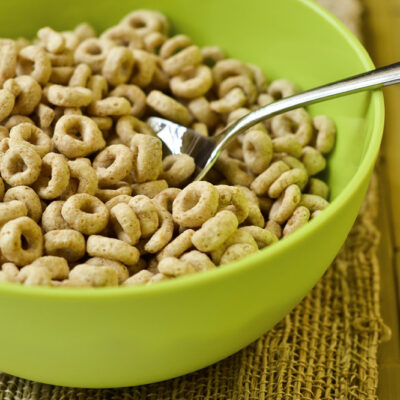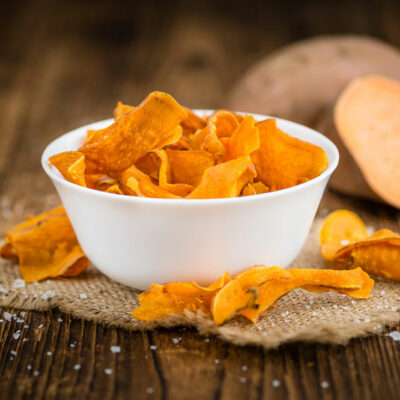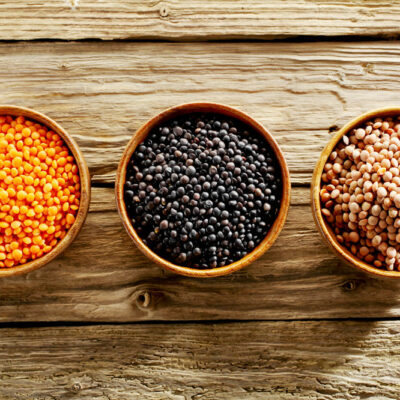
health
Uncontrolled Asthma – Causes and Worst Cities to Live In
As the air pollution levels in the country continue to rise, more and more people are struggling with respiratory illnesses like asthma. Asthma is one of the most common resulting ailments, leading to many medical emergencies. This article will discuss the causes of uncontrolled asthma and 5 cities in the country with an unusually high spike in asthmatic emergencies and what’s causing such alarming statistics. Read on to learn more. What is uncontrolled asthma? Uncontrolled asthma is a health condition in which people experience constant and recurrent episodes of tightness in their chest, difficulty breathing, and coughing. While the exact cause is unknown, it can be triggered by irritants such as dust mites, pet hair, fumes, and air pollutants. It can also be caused by health conditions such as allergies, sinus infections, or acid reflux. Asthma attacks are generally more frequent at night due to cold temperatures and low humidity levels in the bedroom. Managing uncontrolled asthma requires adopting preventative measures such as avoiding triggers, keeping pets out of the bedroom, and taking long-term prescriptions. With careful monitoring and proper treatment, those with this health condition can live normal lives without symptoms. Causes Genetics Uncontrolled asthma can be caused due to certain genetic factors.
Read More 









